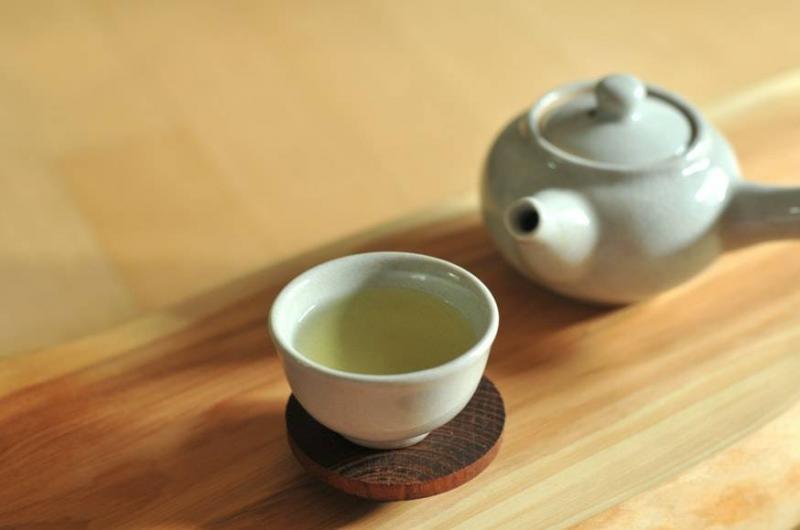According to a recent study, an antioxidant present in green tea may increase levels of p53, a natural anti-cancer protein known as the "guardian of the genome" for its ability to repair DNA damage and destroy cancer cells. The study, published in the journal "Nature Communications," reported a direct relationship between the p53 protein and the green tea compound, epigallocatechin gallate (EGCG), which is considered an important finding that could help in developing new cancer drugs.
The study's author and biology professor at Rensselaer Polytechnic Institute, Dr. Chunyu Wang, stated, "We have now found that there is a direct interaction, previously unknown, between the P53 protein that helps fight cancer and the compound epigallocatechin gallate (EGCG), which will serve as a promising discovery that will help us develop cancer drugs." He added, "Our work helps explain how EGCG can enhance the anti-cancer activity of p53, paving the way for the development of drugs with EGCG-like compounds."
**What are the Benefits of p53 Protein?**
p53 has many known anti-cancer functions, including stopping cell growth, allowing DNA repair, and initiating cancer cell death. One end of this protein, known as the N-terminal domain, has a flexible shape and can serve multiple functions depending on its interactions with various molecules.
**What is EGCG?**
EGCG is a natural antioxidant, abundant in green tea. Wang's team found that the interaction between EGCG and p53 protects the protein from degradation, according to the Indian Express.




